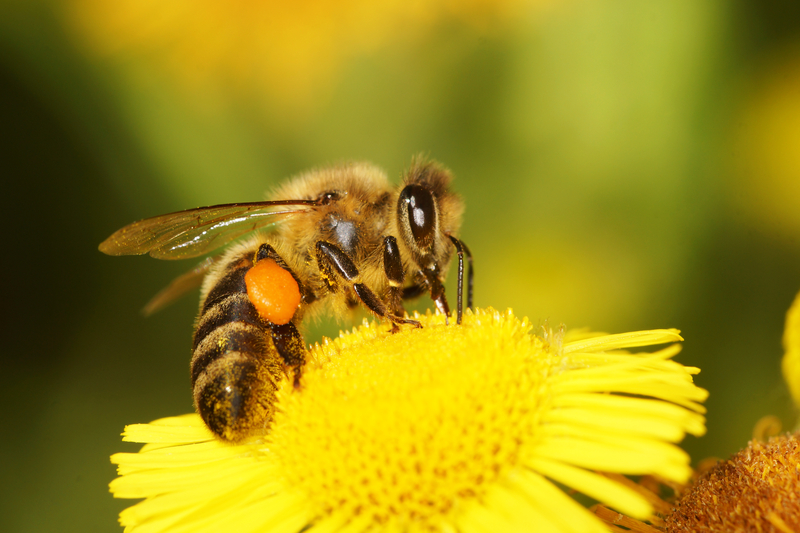When the leaves start to fall each autumn, homeowners face the annual task of deciding what to do with the plethora of fallen leaves scattered across their lawns. Traditional wisdom has long advocated raking and bagging leaves for disposal, but there's an increasingly popular alternative that not only saves time and effort but also benefits the environment and your yard: mulching. This article explores why mulching leaves is a superior choice compared to raking, outlining its advantages and providing practical tips on how to do it effectively.
Why Mulch Leaves? The Benefits Explained
Mulching leaves involves using your mower to chop the leaves into small pieces, which then decompose naturally on your lawn. This process offers a range of benefits for both your yard and the broader environment:
Environmental Impact
One of the most compelling reasons to mulch your leaves instead of bagging them for disposal is the positive impact on the environment. Bagging leaves often means they end up in landfills, where they decompose anaerobically and produce methane, a potent greenhouse gas. By contrast, mulched leaves break down aerobically on your lawn, contributing to a more sustainable and eco-friendly process.
Nutrient Recycling
When leaves decompose, they release essential nutrients like nitrogen, phosphorus, and potassium back into the soil. These nutrients serve as natural fertilizers, reducing the need for chemical alternatives. Mulching essentially recycles these nutrients, enriching your lawn and ensuring it remains healthy and vibrant.
Soil Health
Mulched leaves contribute organic matter to your soil, improving its structure, enhancing water retention, and fostering a healthier soil ecosystem. Over time, this organic matter breaks down and creates a rich, fertile top layer that supports grass growth. It also promotes beneficial micro-organisms that further improve soil health.
Time and Labor Savings
Raking leaves can be a physically demanding and time-consuming chore. Mulching, on the other hand, requires only a fraction of the effort. By using your lawn mower to chop the leaves into fine pieces, you save yourself hours of raking, bagging, and transporting leaves to disposal sites. It's a win-win for your schedule and your back!
Pest and Disease Control
Dense blankets of leaves can create a warm, damp environment that encourages pests and diseases. By mulching leaves, you reduce these habitats, potentially lowering the risk of lawn diseases and deterring pests that thrive in thick layers of decaying leaves.

How to Mulch Leaves Effectively
While mulching leaves is relatively straightforward, following a few best practices ensures you get the most out of this lawn care method.
Choose the Right Mower
Not all mowers are created equal when it comes to mulching leaves. Ideally, you'll want a mulching mower equipped with specially designed blades that chop leaves into fine particles. Most modern lawn mowers come with a mulching function, but you can also purchase mulching blades for older models.
Mow Regularly
Don't wait until all the leaves have fallen before you start mulching. Regular mowing ensures leaves are chopped into finer particles, which decompose faster and are less likely to smother the grass. Aim to mow your lawn when there's a light layer of fallen leaves, ideally no more than an inch or two deep.
Adjust the Mower Height
Set your mower to a higher setting to avoid cutting the grass too short. This allows for better airflow and faster decomposition of mulched leaves. Generally, a mower height of about 3 inches is effective for mulching leaves while still maintaining a healthy lawn.
Avoid Wet Leaves
Wet leaves can clump together and create a thick, impenetrable layer that blocks sunlight and air from reaching the grass. Try to mulch leaves when they are dry to ensure they are evenly distributed and finely chopped.
Don't Overdo It
While mulching is beneficial, remember that too many leaves can overwhelm your lawn. If you find that your lawn is covered with more than 2-3 inches of chopped leaves, you may need to compost some of them separately. A thin layer of mulched leaves will decompose more efficiently and benefit your lawn without smothering it.

Additional Tips for Successful Mulching
Seasonal Adjustment
As seasons change, the volume and types of leaves can vary. Be prepared to adjust your mulching frequency and techniques accordingly. For example, early in the fall, leaves tend to be lighter and easier to mulch, while later in the season, they may require more frequent mowing to keep up with the volumes.
Inspect Your Yard
Before you start mulching, walk your yard to remove any large sticks, branches, or other debris that could damage your mower or impede the mulching process. This simple step can save you time and ensure more effective mulching.
Integrate with Lawn Care Routine
Consider integrating leaf mulching into your regular lawn care routine. For example, after seeding your lawn or applying fertilizer, mulching leaves can help incorporate these materials into the soil, leading to better results. Mulching after aerating your lawn can also help fill aeration holes with nutrient-rich organic matter.
Conclusion
Mulching instead of raking offers a sustainable, time-saving, and nutrient-rich solution to managing fallen leaves. By chopping leaves into fine particles and allowing them to decompose naturally, you can provide essential nutrients to your lawn, improve soil health, and reduce your environmental footprint. All it takes is the right equipment and a commitment to regular mowing. So, next time you see those autumn leaves piling up, consider mulching instead of raking--you'll be doing both your lawn and the planet a favor.
With these insights and tips, you're now well-equipped to embrace mulching as a superior alternative to the traditional autumn chore of leaf raking. Enjoy the benefits of a healthier, more sustainable lawn with less effort, all while contributing to a greener environment.





